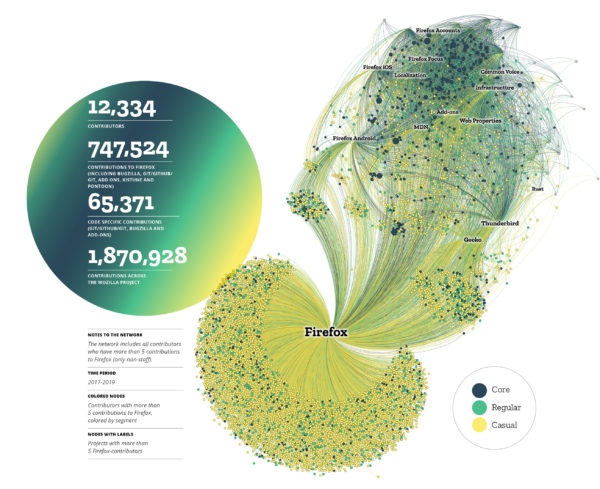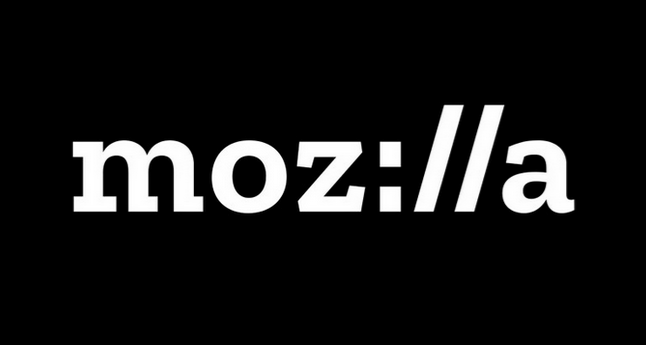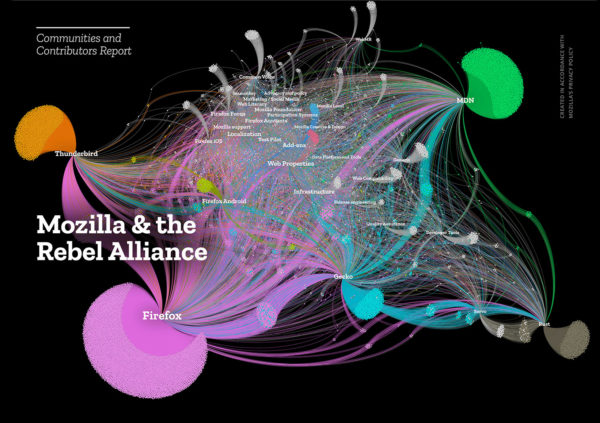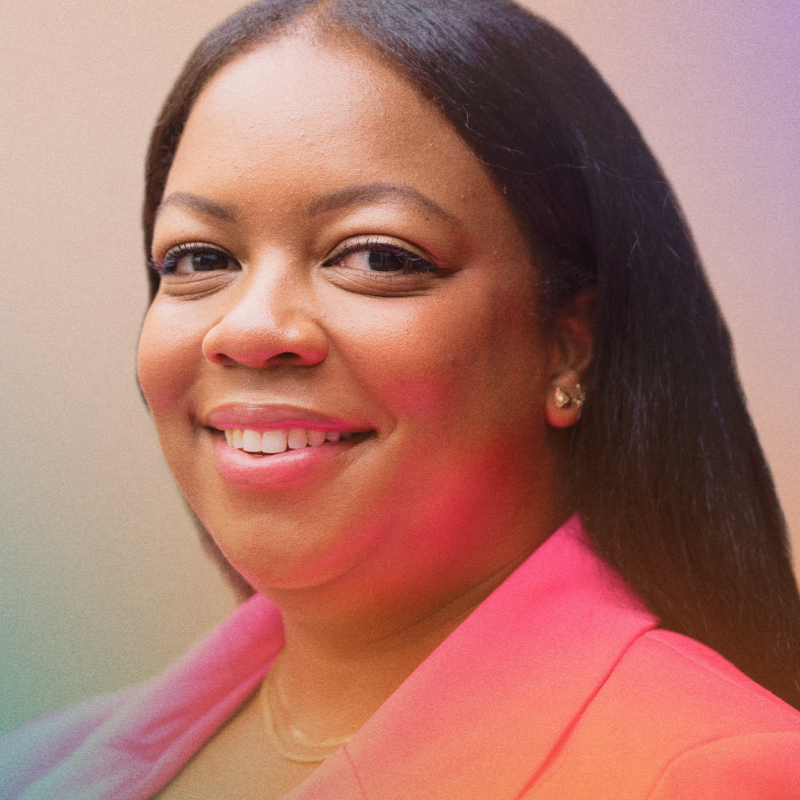At Mozilla, we often speak of our contributor communities with gratitude, pride and even awe. Our mission and products have been supported by a broad, ever-changing rebel alliance — full of individual volunteers and organizational contributors — since we shipped Firefox 1.0 in 2004. It is this alliance that comes up with new ideas, innovative approaches and alternatives to the ongoing trends towards centralisation and an internet that doesn’t always work in the interests of people.
But we’ve been unable to speak in specifics. And that’s a problem, because the threats to the internet we love have never been greater. Without knowing the strength of the various groups fighting for a healthier internet, it’s hard to predict or achieve success.
We know there are thousands around the globe who help build, localize, test, de-bug, deploy, and support our products and services. They help us advocate for better government regulation and ‘document the web’ through the Mozilla Developer Network. They speak about Mozilla’s mission and privacy-preserving products and technologies at conferences around the globe. They help us host events around the globe too, like this year’s 10th anniversary of MozFest, where participants hacked on how to create a multi-lingual, equitable internet and so much more.
With the publication of the Mozilla and the Rebel Alliance report, we can now speak in specifics. And what we have to say is inspiring. As we rise to the challenges of today’s internet, from the injustices of the surveillance economy to widespread misinformation and the rise of untrustworthy AI, we take heart in how powerful we are as a collective.
Making the connections
In 2018, well over 14,000 people supported Mozilla by contributing their expertise, work, creativity, and insights. Between 2017 and 2019, more than 12,000 people contributed to Firefox. These counts only consider those people whose contributions we can see, such as through Bugzilla, GitHub, or Kitsune, our support platform. They don’t include non-digital contributions. Firefox and Gecko added almost 3,500 new contributors in 2018. The Mozilla Developer Network added over 1,000 in 2018. 52% of all traceable contributions in 2018 came from individual volunteers and commercial contributors, not employees.

The report’s network graphs demonstrate that there are numerous Mozilla communities, not one. Many community members participate across multiple projects: core contributors participate in an average of 4.3 of them. Our friends at Analyse & Tal helped create an interactive version of Mozilla’s contributor communities, highlighting common patterns of contribution and distinguishing between levels of contribution by project. Also, it’s important to note what isn’t captured in the report: the value of social connections, the learning and the mutual support people find in our communities.
We can make a reasonable estimate of the discrete value of some contributions from our rebel alliance. For example, community contributions comprise 58% of all filed Firefox regression bugs, which are particularly costly in their impact on the number of people who use and keep using the browser.
But the real value in our rebel alliance and their contributions is in how they inform and amplify our voice. The challenges around the state of the internet are daunting: disinformation, algorithmic bias and discrimination, the surveillance economy and greater centralisation. We believe this report shows that with the creative strength of our diverse contributor communities, we’re up for the fight.
If you’d like to contribute yourself: check out various opportunities here or dive right into one of our Activate Campaigns!)




